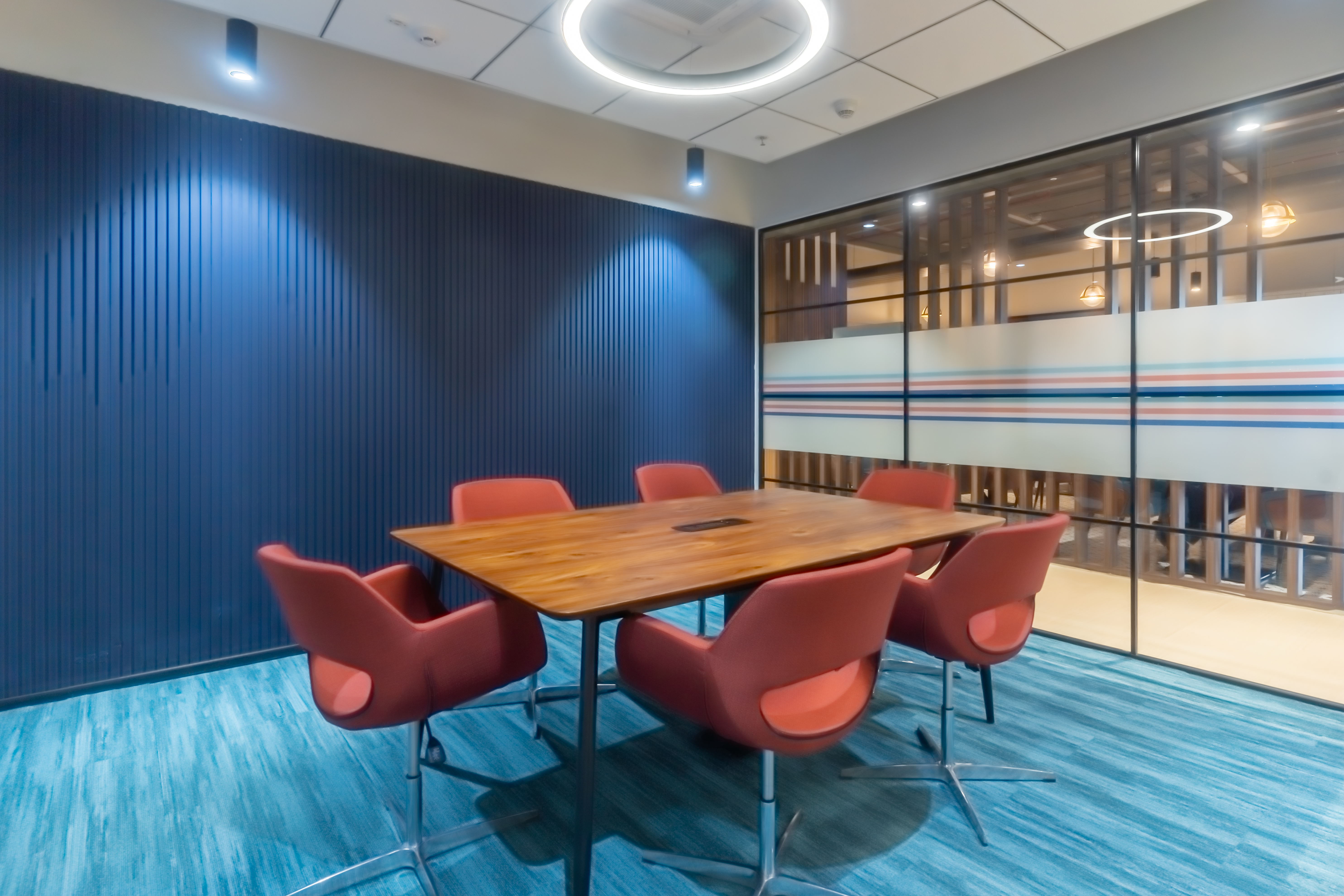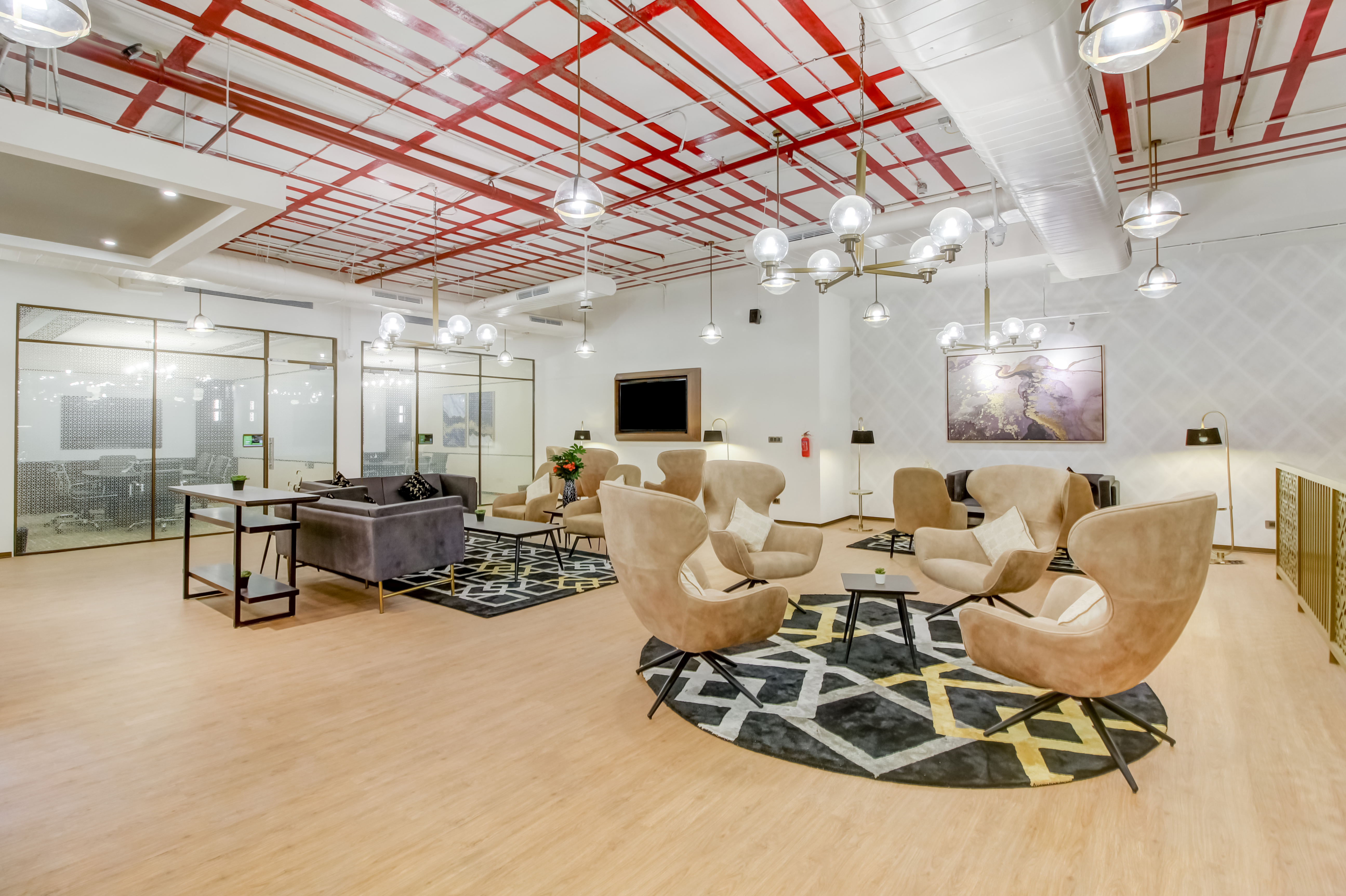- November 2025
If meeting rooms could speak, they’d whisper: “Make me memorable.” In today’s hybrid, fast-paced world, a bland box with a whiteboard won’t cut it. Progressive organizations are looking for meeting rooms that lift the spirit–and this is how meeting room ideas have evolved into bold proclamations.






















































